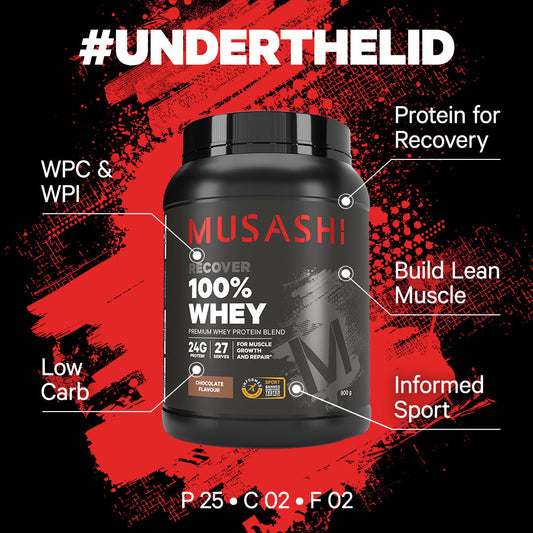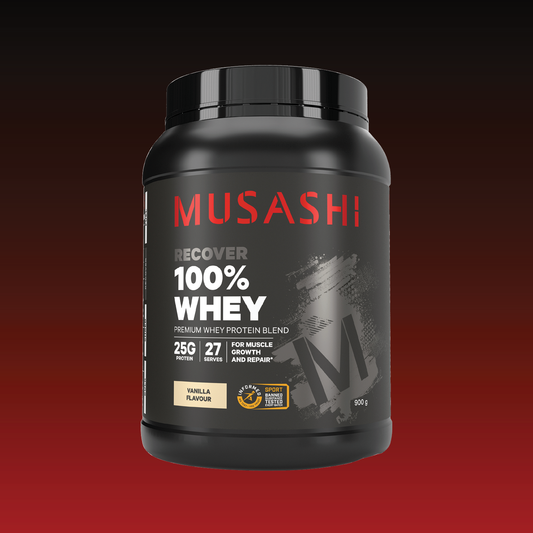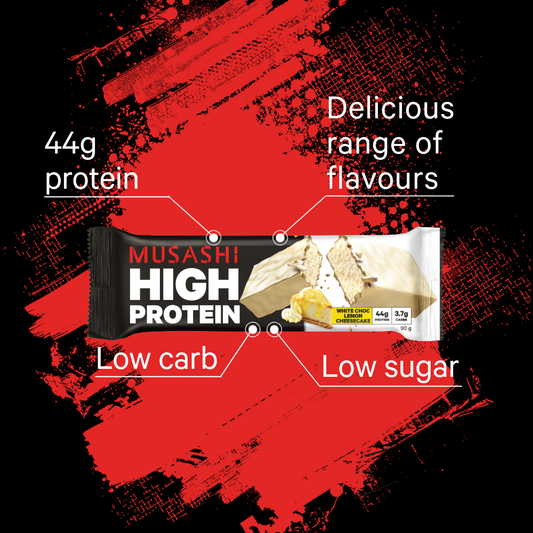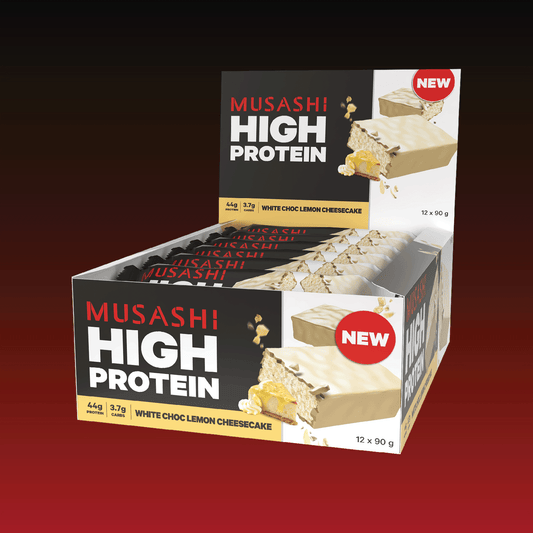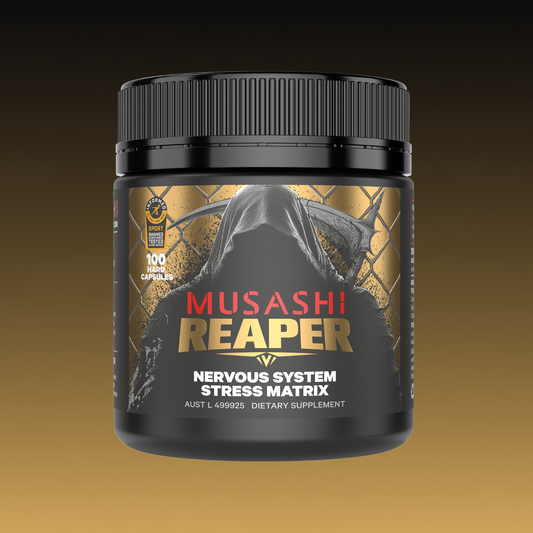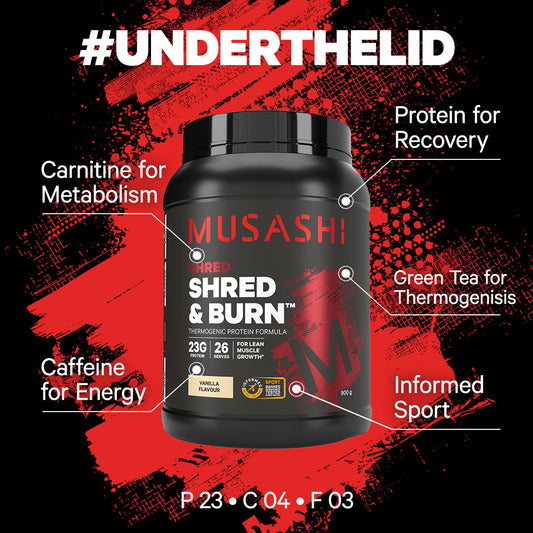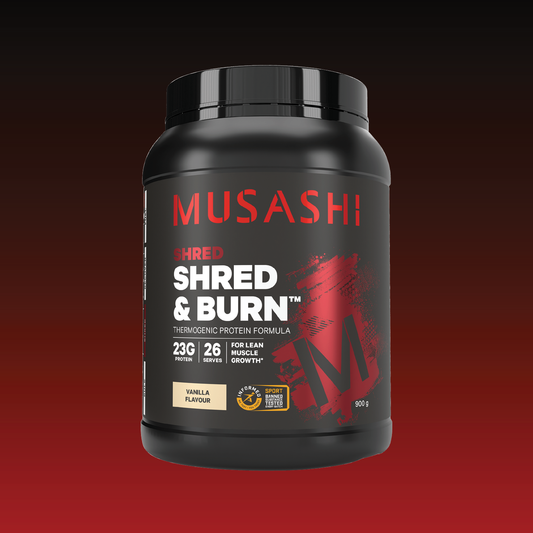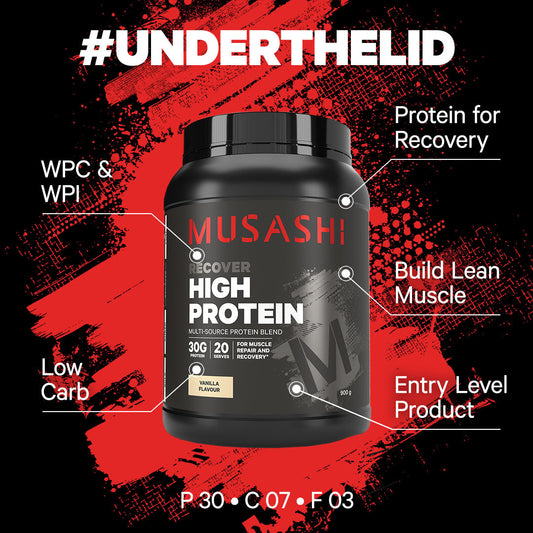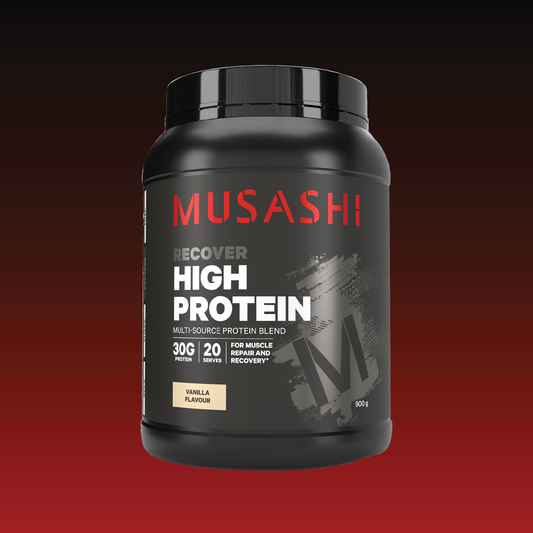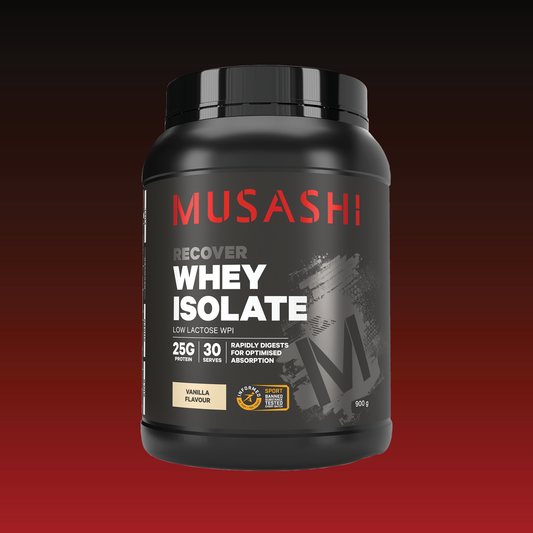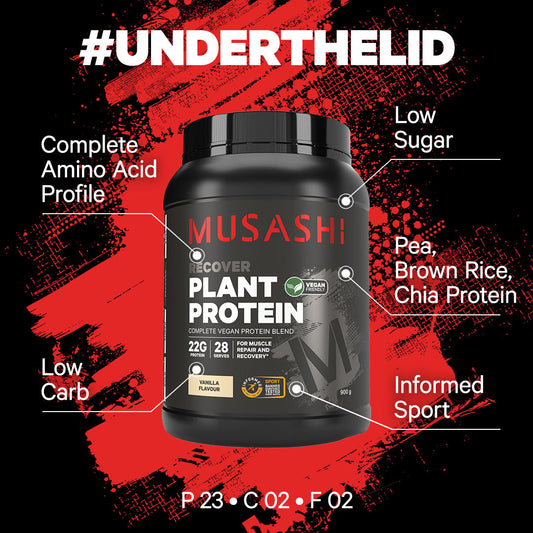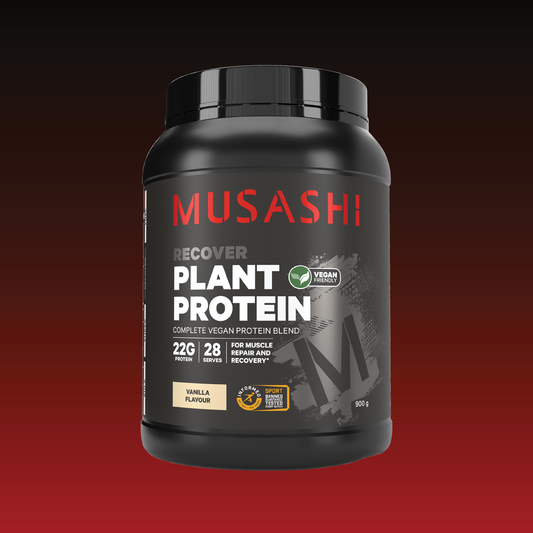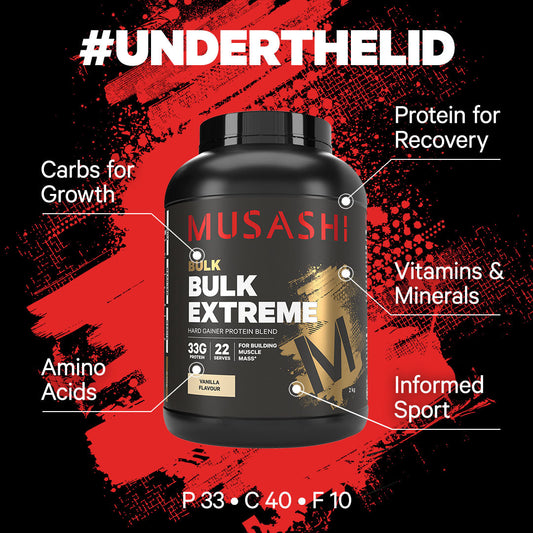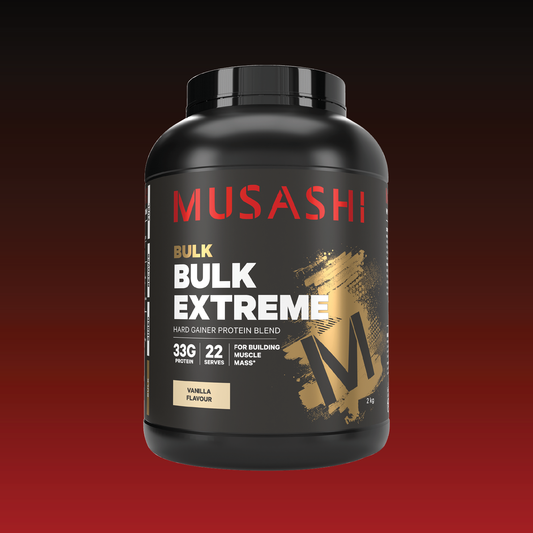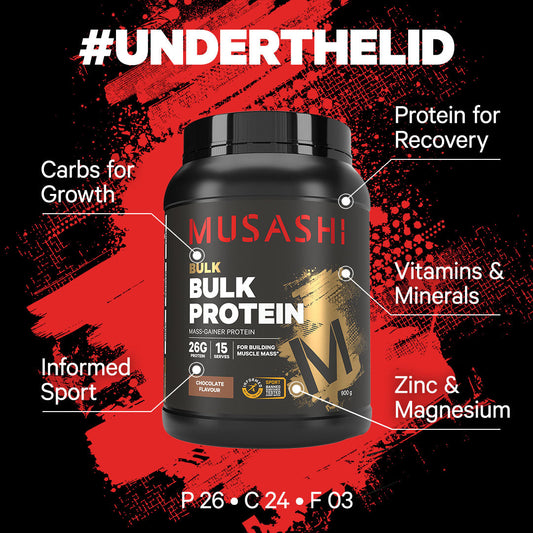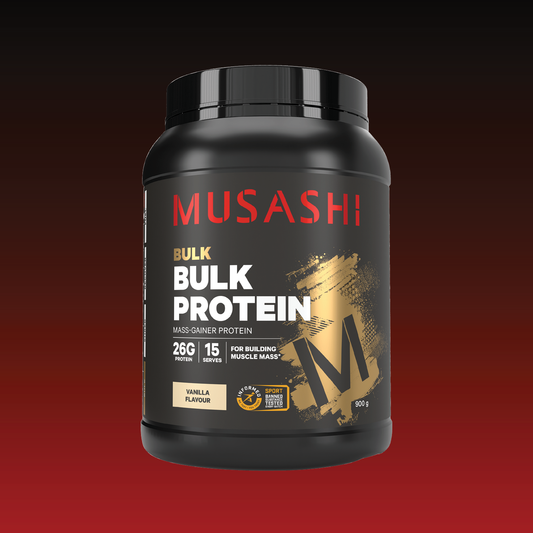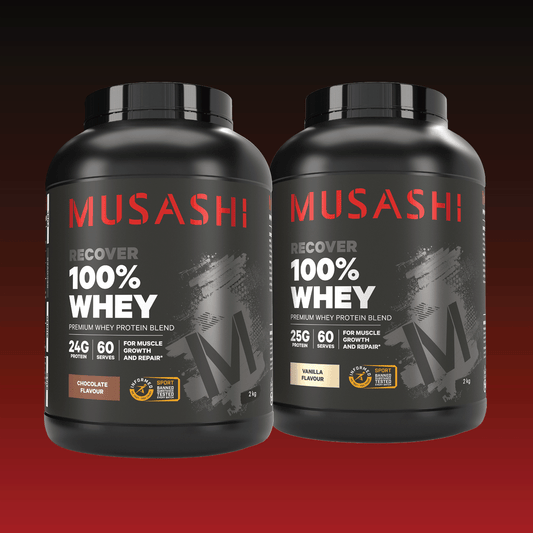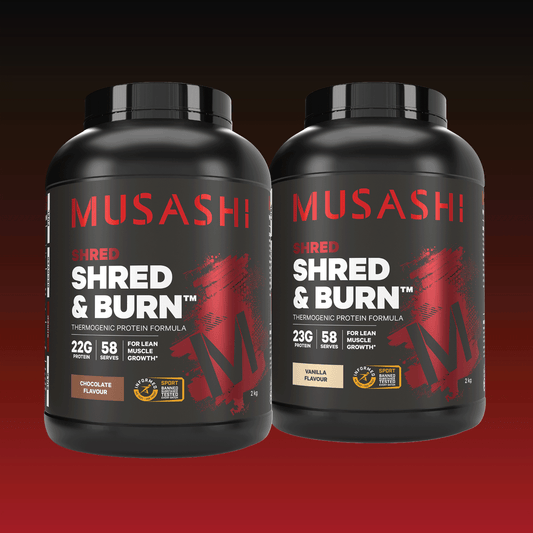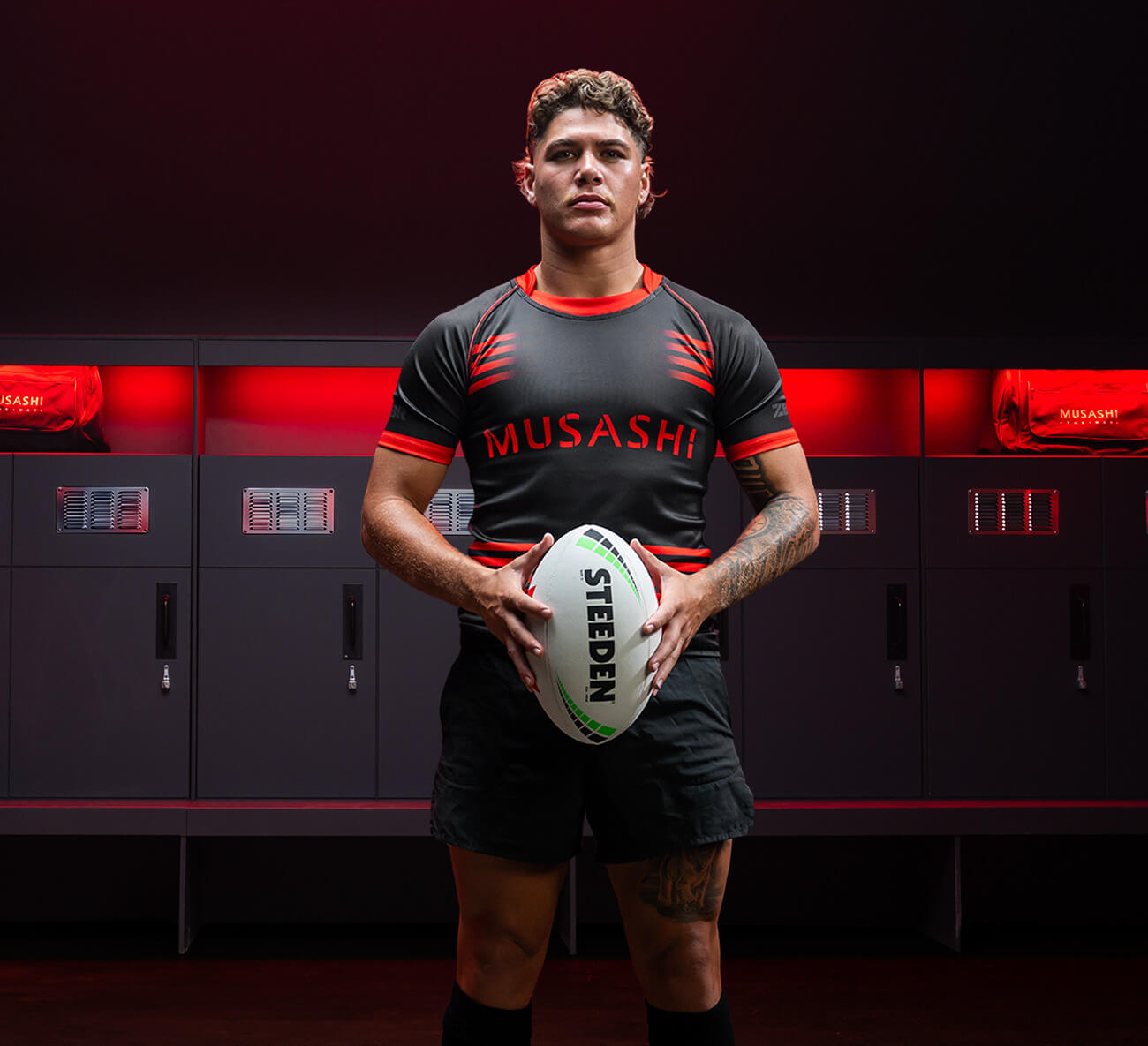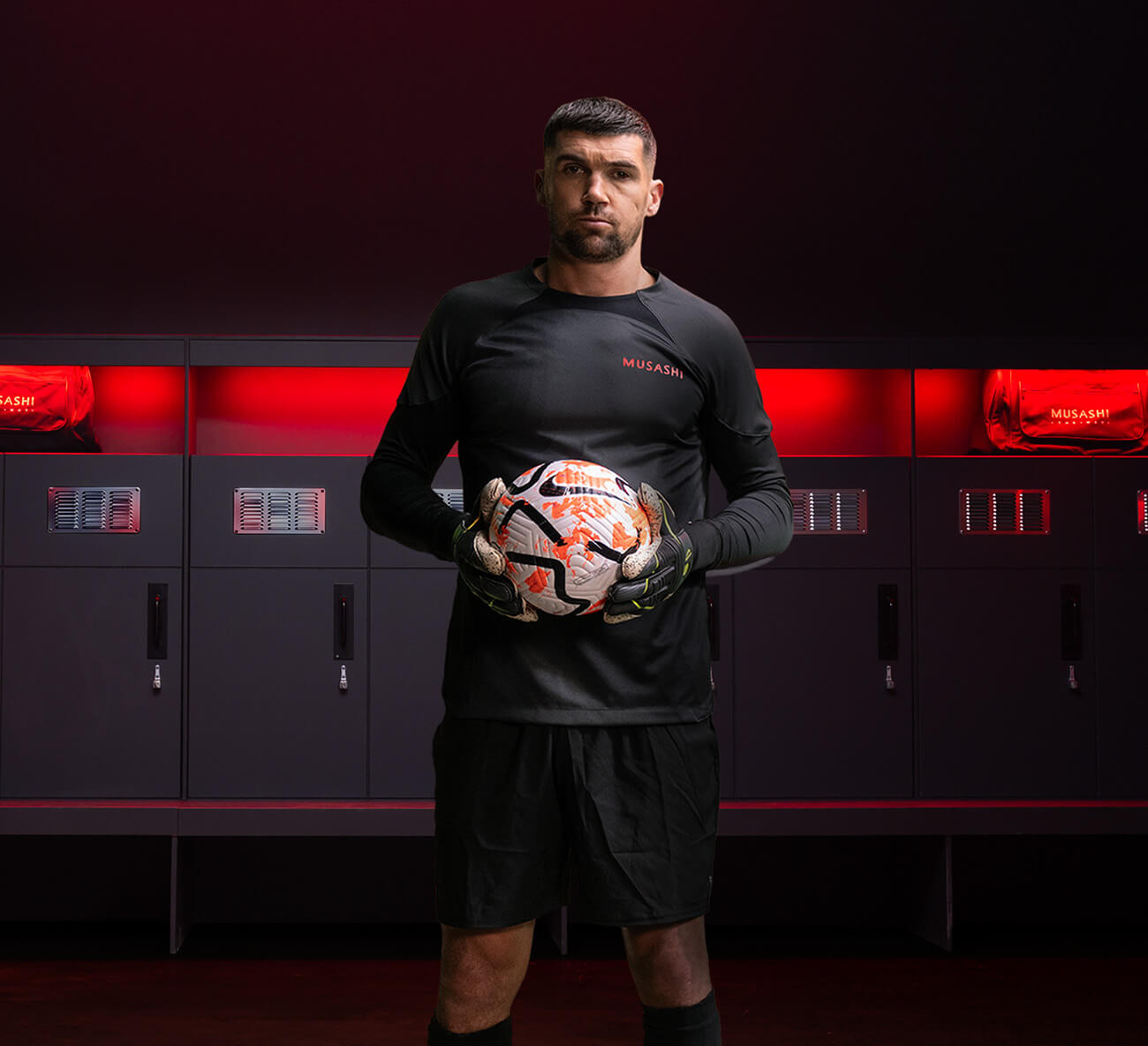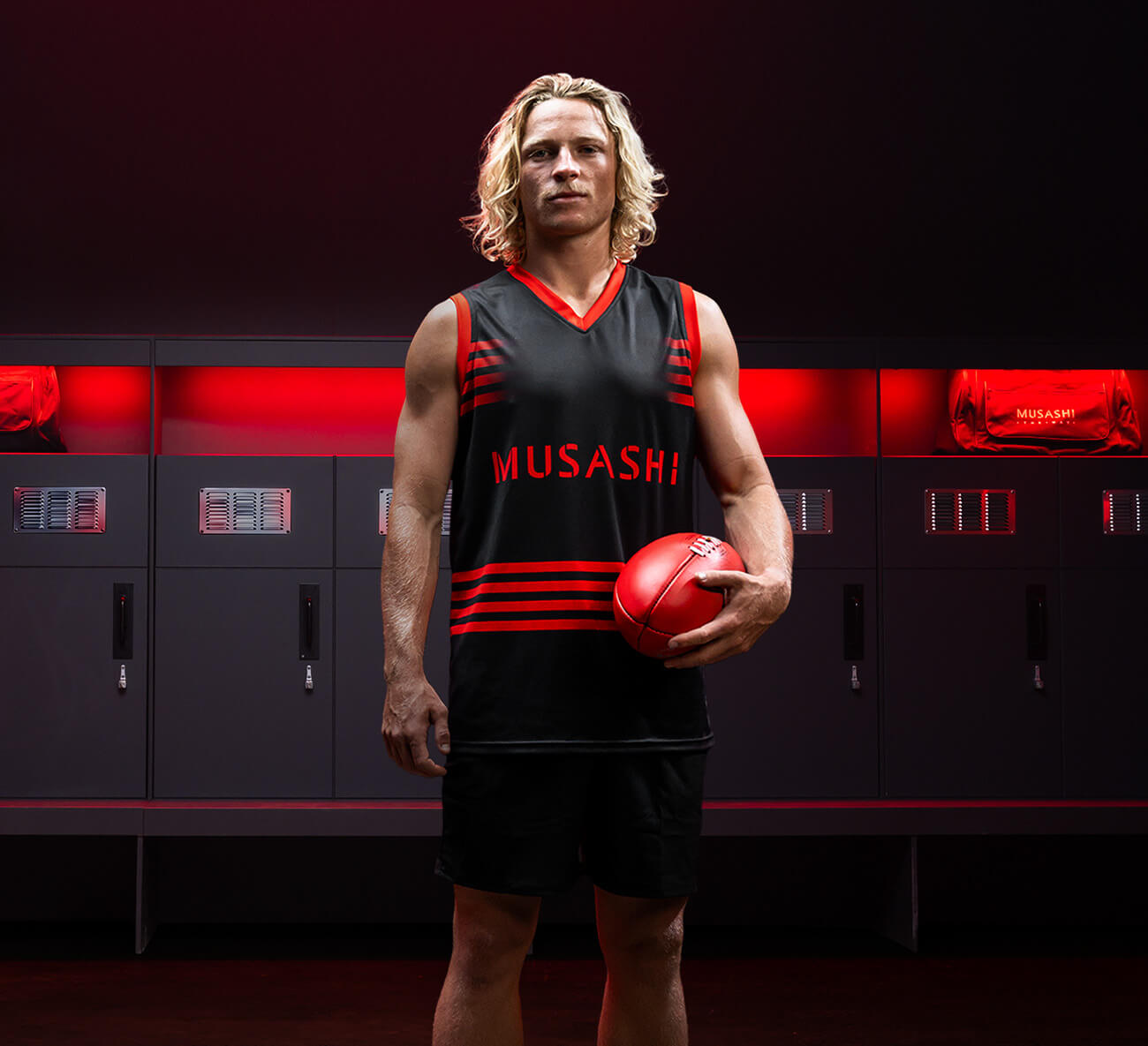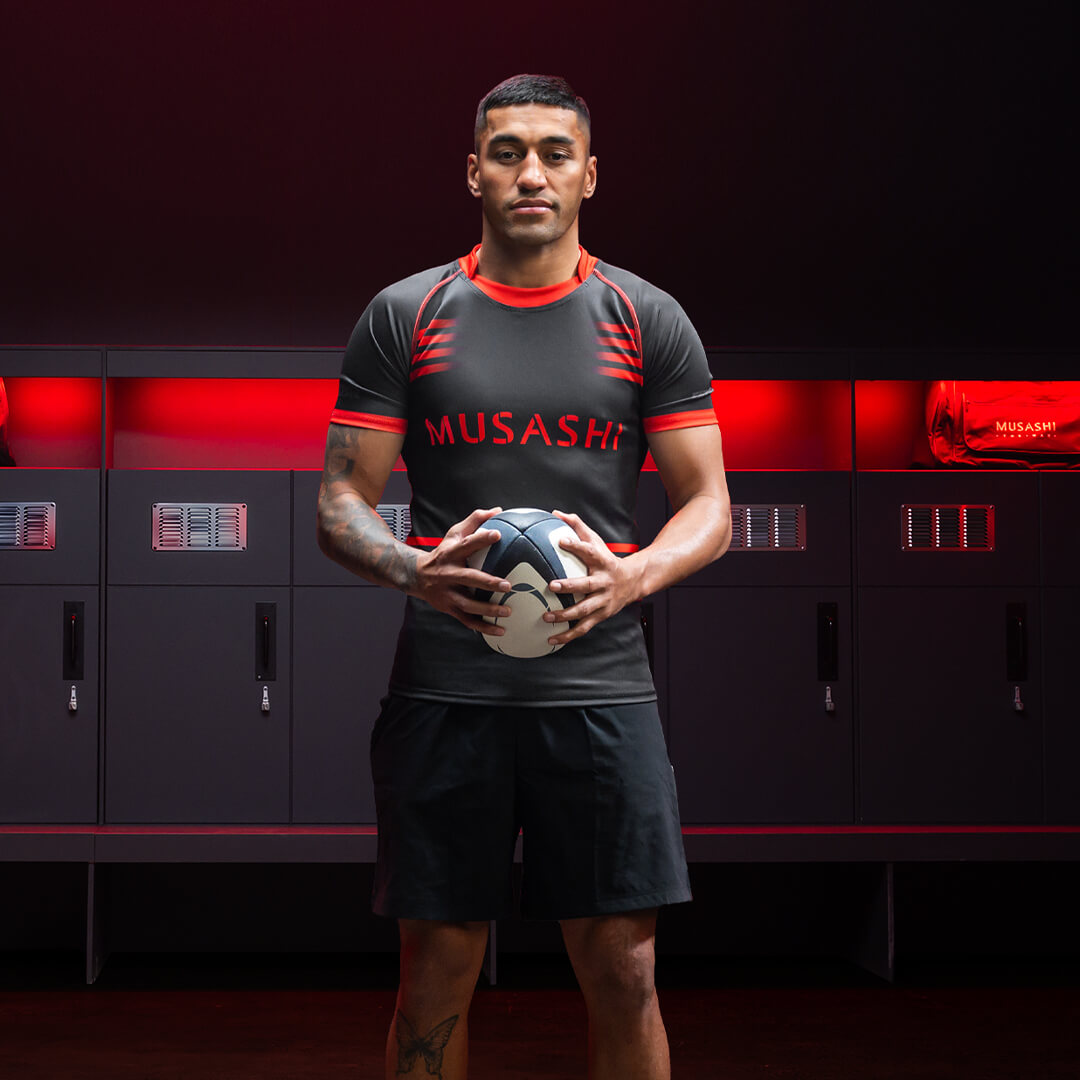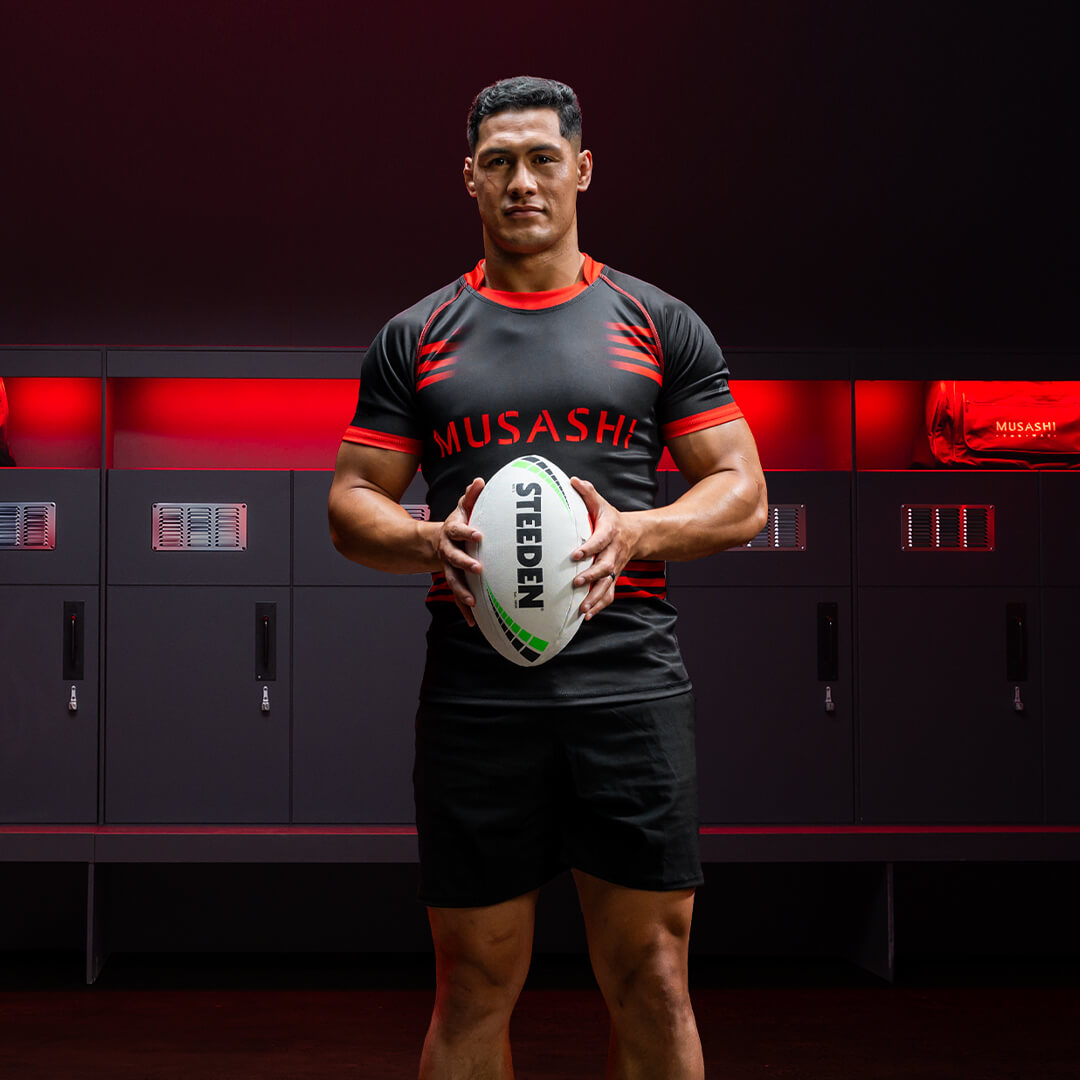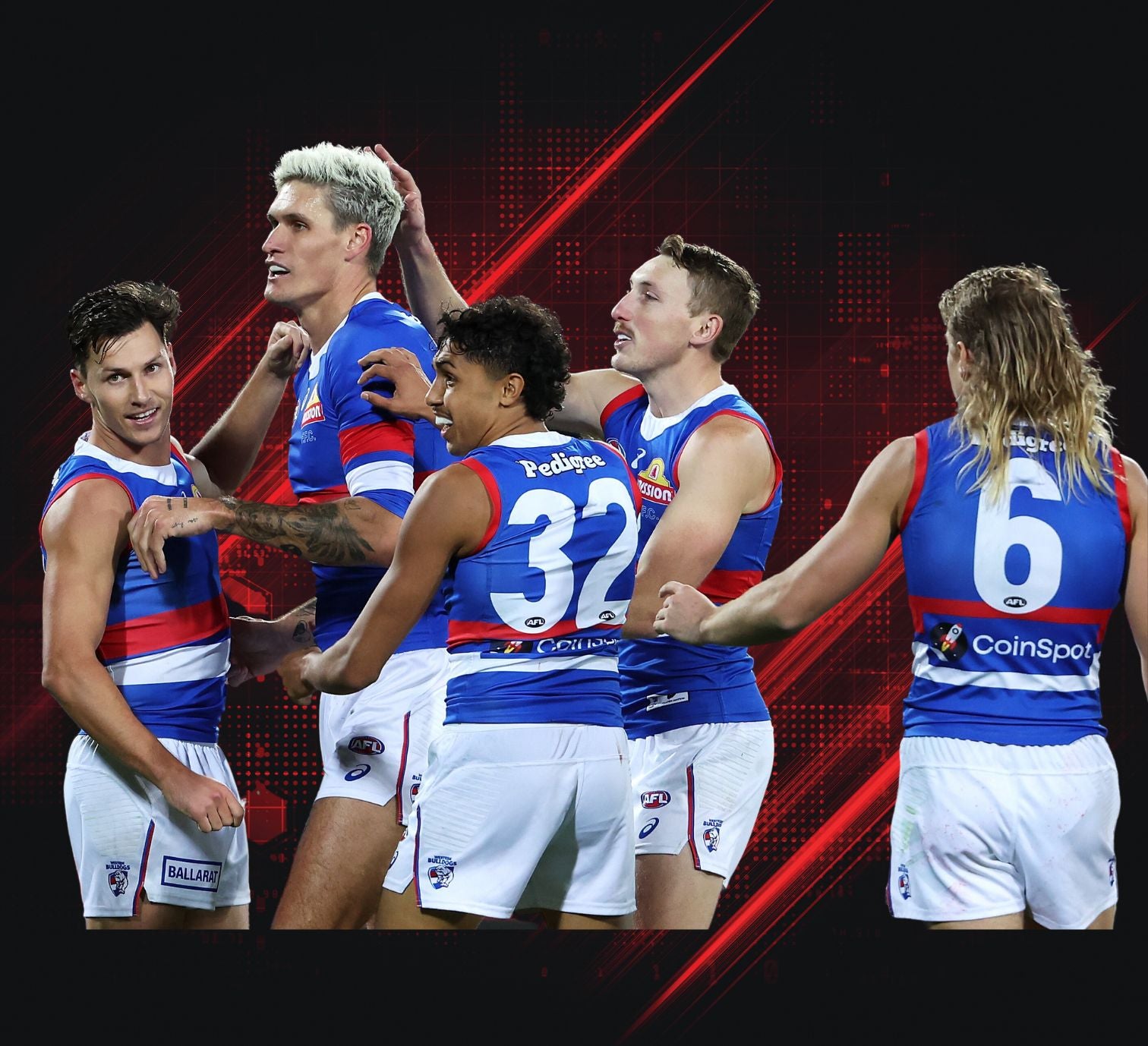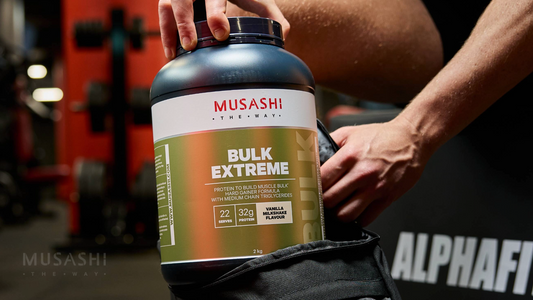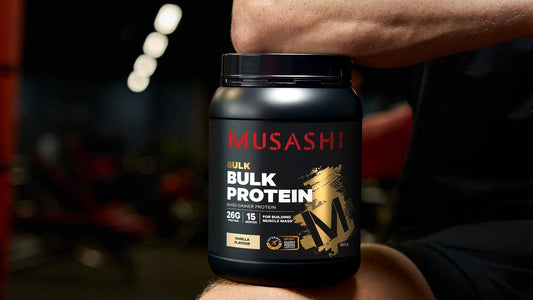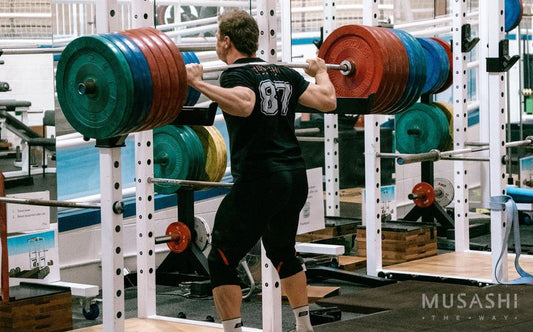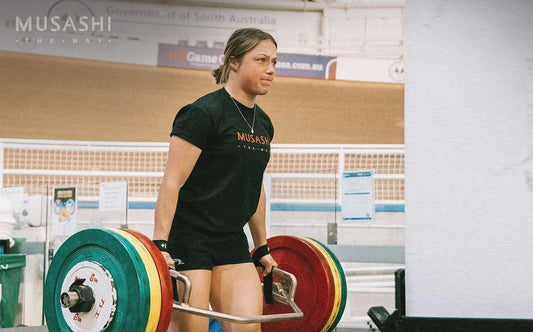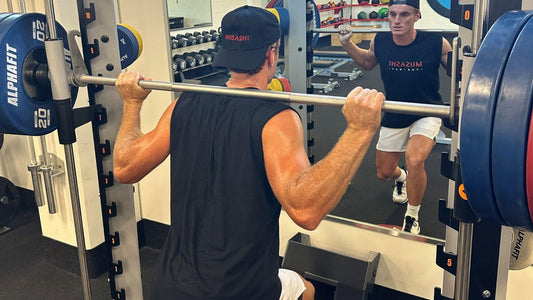
Training to failure is the burning sensation your muscles reach once you have completed repeated amounts of heavy weightlifting. It is the stage when you can no longer complete one more repetition. Everyone has heard the saying 'no pain no gain' but research is controversial on whether you should actually push your muscles to failure or not. Muscles require metabolic stress to increase size, which means working the muscles to the point lactate builds and internal damage is caused to the muscle. The objective for this type of training is to pump as much blood to the working muscles as possible and put the body under stress.
Understanding AMRAP
AMRAP (as many reps as possible) is a term commonly used in strength training programs and refers to working your muscles to failure. It is thought that training induced fatigue may be necessary for progressive results. Training to technical failure - is when you are unable to lift the weight with the correct form or technique any longer, at this point of the workout, the set is over.
There are a number of exercises which should not be completed to failure, no matter how well trained you are. Power cleans, deadlifts, good mornings and overhead squats, should all be avoided. As you fatigue during these exercises you will find it harder to maintain the correct technique, which can result in serious injury. When the 'train to failure' technique is used wisely, with the correct exercise's, it may actually help experienced lifters reach the next level in training. When you push yourself, your body increase fat-fighting and muscle building hormones, helping to achieve improved possible results.
Safe Exercises for Training to Failure
Exercises such as dumbbell press, seated shoulder press, push-ups and goblet squats are good examples of ones which are generally okay to complete to failure. Misuse of this advanced training technique will however leave you feeling deflated with a high chance of injury. Strength training leads to acid accumulation inside working muscles resulting in 'muscle burn' which can contribute to the onset of early fatigue.
Supporting Supplements
Musashi Beta-Alanine supports high intensity training in strength sports by improving the muscles internal buffering capacity. When taken it is chronically applied - meaning it is going to work for every training session. Muscle fatigues when it uses up its supply of ATP, the energy that fuels the muscle contraction. The muscles need a few minutes to flush out the lactic acid and generate more ATP. This is why you are able to do a set of 10 push-ups to failure and then do another set after a short break.
Musashi Intra-workout is designed to use while training to promote blood flow and prevent muscle tissue breakdown. It contains citrulline and ornithine to help delay fatigue, along with magnesium to assist muscle contraction and B vitamins for energy and help to further reduce fatigue. These high strength ingredients can help to take your gym session to the next level. If you decide you want to train to failure, consider training with a Personal Trainer who can assist with your technique and help set the program to complement your personal goals and training level. How much you can lift will be a combination of rest, exercise and fuel which will help your muscles grown bigger and stronger.
References:
Baker JS, Mccormick MC, Robergs RA. Interaction among Skeletal Muscle Metabolic Energy Systems during Intense Exercise. J Nutr Metab. 2010;2010:905612. doi:10.1155/2010/905612


